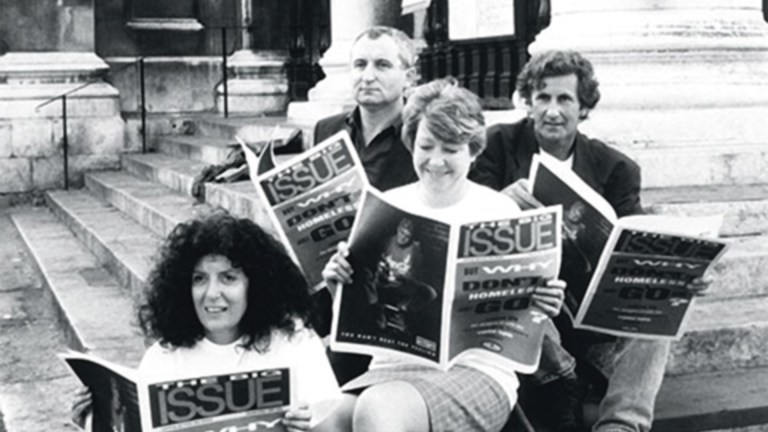England’s older private renters are in crisis. Facing soaring rents, unsafe housing and the constant fear of eviction, they urgently need greater protections.
Lots of those renting privately in later life are some of the most financially vulnerable. Many are on a low income, with almost two in five (37%) older private renters in relative poverty after housing costs.
Plenty of the problems facing older renters are affecting tenants of all ages. It’s widely acknowledged that we’re in the grip of a housing crisis and that the private rental sector is broken. Renting in this country needs a rethink.
That’s why our charity, Independent Age, has launched our new report ‘Paving the way: How England can learn from other nations about supporting older private renters’. It examines examples of best practice from across the globe, including some of our closest neighbours – the rest of the UK – to see what can be learnt to make the situation better for people renting privately in later life.
Many of the older renters we speak to say they’re terrified of being asked to leave their home suddenly and with little notice through a Section 21 ‘no-fault’ eviction. A landlord can currently do this after the fixed term period which in England is usually every six or 12 months, or anytime during a rolling tenancy. It’s not right that renters of any age are living with this kind of uncertainty. But having the security to ‘age in place’ can be invaluable especially to older renters and can allow them to stay in the communities they know, where they’ve built connections.
In Germany, where rental contracts are indefinite, with limited reasons for termination, the average tenancy is 11 years long, compared to England’s 2.5 years. This encourages tenants to make their home a bit more their own, and for older people, can mean customising it to fit their tastes, and most importantly, to meet some of their changing health needs. It can also mean they can embed within their local community and access services they are familiar with.










